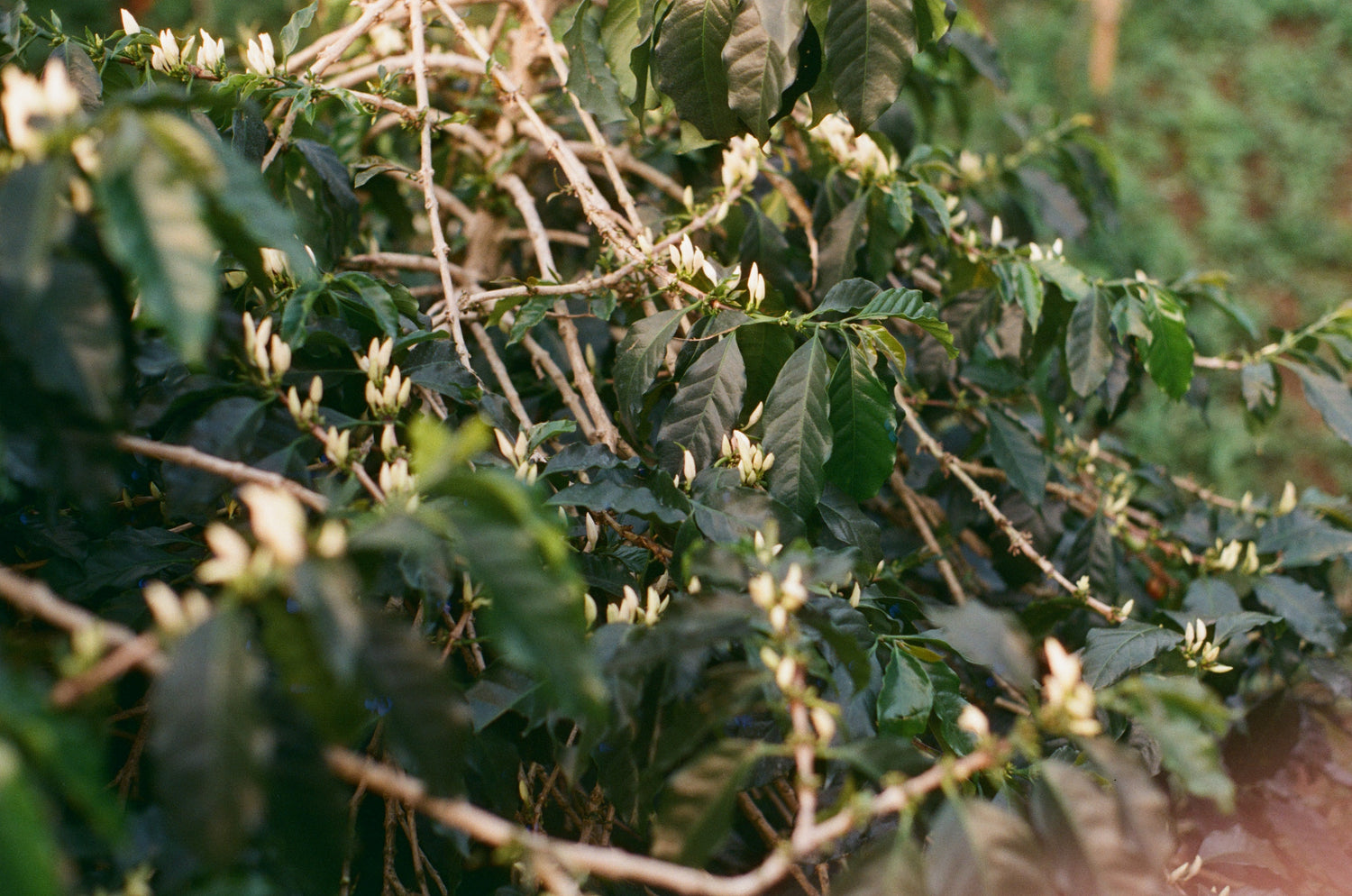The Producer
At 2,040 meters above sea level in the Djimmah Zone of Western Ethiopia, Mustefa Abakeno tends to 18 hectares of coffee that capture the depth of Ethiopia’s heritage and the quiet progress of its producers. His farm, enriched by the highland climate, features diverse varieties from the Djimmah Research Center, each reflecting generations of cultivation. Balancing tradition with modern insight, Mustefa processes his harvest through both fully washed and natural methods. A three-disc pulper enables part of his crop to ferment briefly before drying, while the rest is left to mature as naturals for up to 27 days on raised beds. Each step shaped by water scarcity and patience, builds coffees that carry the clarity, sweetness and complexity of their origin.
In 2018, regulatory reforms opened the way for Mustefa to export directly, leading him to establish the Beshasha washing station, a place that now processes his own harvest alongside cherries from neighboring farmers. His collaboration with Falcon in Addis Ababa refined every detail of production, from cherry selection to moisture control, ensuring both traceability and fairer returns for smallholders. In 2021, agronomist Harun joined the team, introducing subtle yet impactful changes such as shade netting for drying beds, tagged day lots, and improved sorting practices. His field training further strengthened local farmers’ skills, bringing consistency and confidence to the wider community.
Mustefa’s vision extends beyond the harvest. His warehouse in Agaro, purpose built for milling naturals, marks a new stage of independence and precision. With new purchasing sites in Echamo, Jarso, Badeyi, and Sadi, his network now spans the region, each point serving as a hub for quality cherries before reaching Beshasha and Kabira. Through these efforts, Mustefa cultivates more than exceptional coffee, he cultivates progress. His work stands as a quiet affirmation of Ethiopia’s coffee heritage, rooted in history yet always reaching forward.















